The Short Answer from a rheumatologist
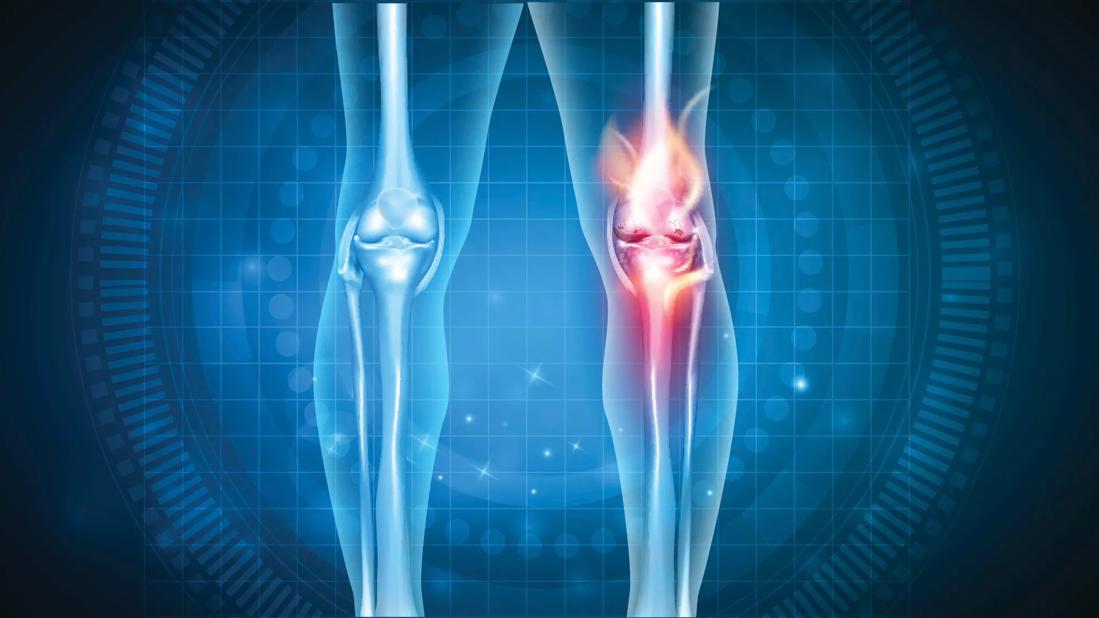
A.: Most people fully recover from reactive arthritis, but it may take a few months to a year. Some people have symptoms long-term.
Advertisement
Cleveland Clinic is a non-profit academic medical center. Advertising on our site helps support our mission. We do not endorse non-Cleveland Clinic products or services. Policy
Reactive arthritis is joint pain and swelling triggered by an infection in another part of your body. The infection often can be cultured from the gastrointestinal tract or bladder, but not from the affected joints. Reactive arthritis occurs in some people after an infection with Chlamydia trachomatis, which is sexually transmitted, enters the bladder. Reactive arthritis also can result from infection with bacteria that enter the gastrointestinal tract from contaminated food.
Early on, reactive arthritis is treated with nonsteroidal anti-inflammatory drugs (NSAIDs) such as naproxen (Aleve®) or celecoxib (Celebrex®) to relieve pain and reduce swelling. Some people benefit from injections of corticosteroids. Exercise to strengthen muscles and improve flexibility also is recommended.
If symptoms continue, your doctor may prescribe a disease-modifying anti-rheumatic drug (DMARD), such as sulfasalazine or methotrexate. Stronger drugs called biologics also may be used.
— Rheumatologist Chad Deal, MD, Head of the Center for Osteoporosis and Metabolic Bone Disease, Cleveland Clinic
Advertisement
Learn more about our editorial process.
Advertisement
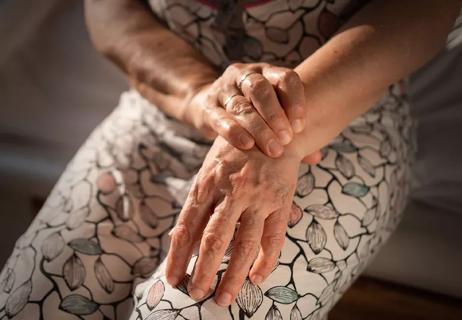
Simple exercises like tendon glides and finger lifts can have a big impact

Research is inconclusive, so don’t stop eating tomatoes, potatoes and peppers just yet
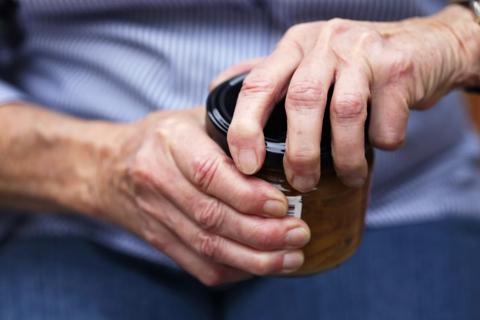
From heating pads and ice to exercises and splints, find the relief that works for you
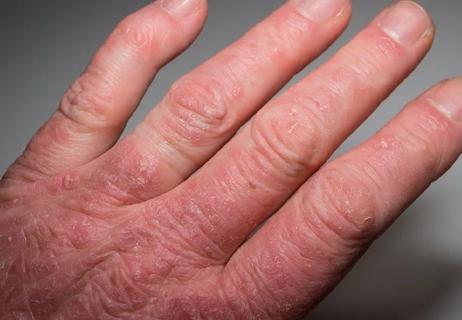
What’s the difference between these types of inflammatory arthritis?
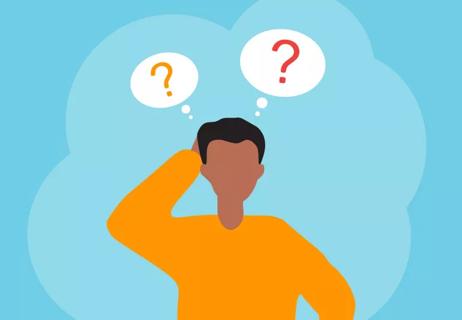
The link between joint pain and skin rashes
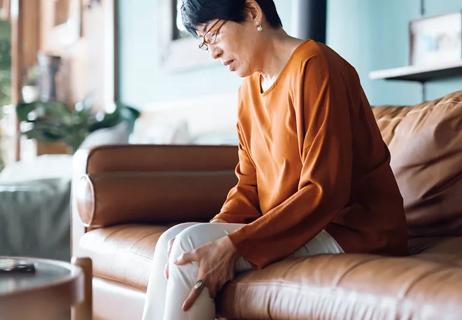
What’s the difference between these types of arthritis?
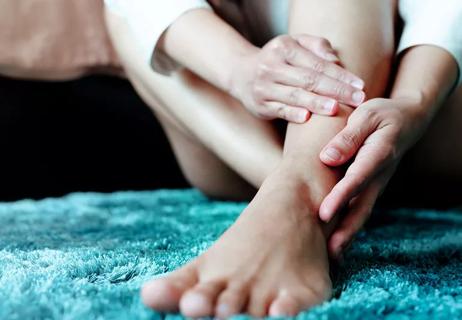
Remember to start slow and if things don't improve, ask your doctor about more advanced solutions
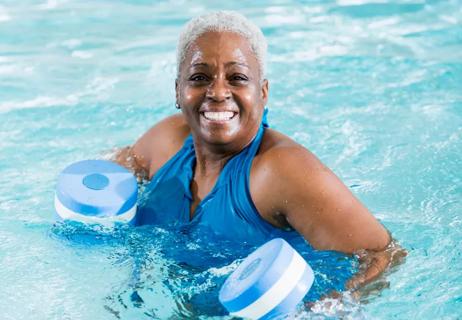
Working out is one of the best things you can do to improve your symptoms

Type 2 diabetes isn’t inevitable with these dietary changes

Applying a hot or cold compress can help with pain